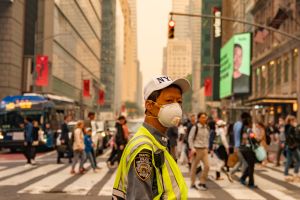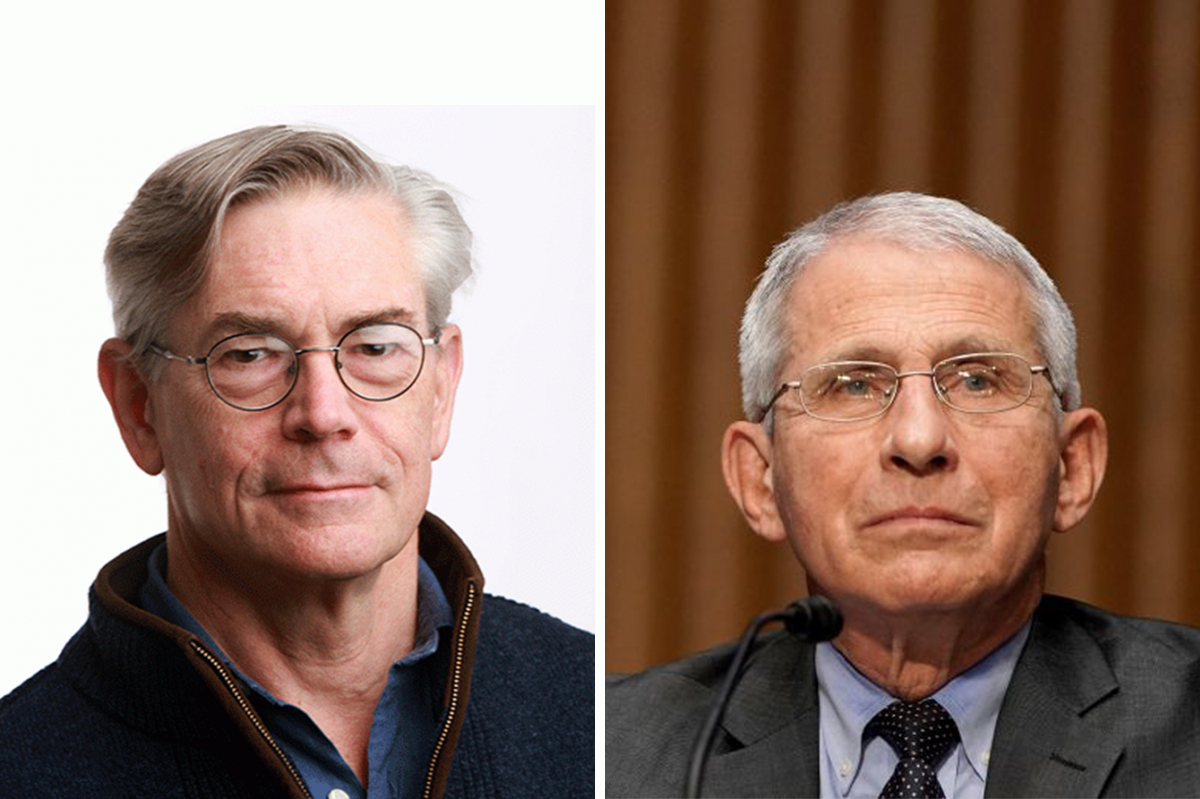Once we’ve flattened the curve of infection with mass self-isolation, the next debate will concern how to soften the restrictions on movement and work without causing a second wave of the pandemic.
Behavioral science, abused as it has been to date, may be useful in formulating the new rules for social behavior. That’s because it is no good simply to come up with rules which are optimal in epidemiological terms: such rules might well be too complicated for people to follow, and impossible to encode in habits or social norms. Instead you need cautious rules-of-thumb which are both simple and visible. For rules to work, it helps if it is immediately apparent when someone is breaking them.
For instance, a rule about the number of hours you may spend outside your home is no good, since anyone could disguise what time they left. On the other hand (as a thought experiment), compulsory masks with a day of the week displayed visibly on the front might work.
I don’t quite understand the reluctance to recommend mask-wearing as a third behavior alongside hand-washing and social distancing, unless it is intended to preserve supplies for medical personnel. Mask-wearing could help psychologically as well as physiologically. It may discourage you from touching your face. And the absence of a mask would identify anyone who is likely to break the other two behavioual norms in time for one to give them a wider berth.
When the band Van Halen included, deep in their list of riders, a demand that their dressing room should contain a bowl of M&M’s with all the brown ones removed, it was often cited as an example of the absurd prima donna behavior of rock stars. It was nothing of the kind. Instead it was an ingeniously visible ‘heuristic rule’. If the tour manager saw the rule had been followed, he could be confident that the concert organizer was on the ball and all the other minutiae of his demands had been dutifully checked. On the other hand, if there were even a smattering of the offending M&M’s left in the bowl, it meant they now needed rigorously to double-check everything else — the power supply, the safety of the lighting rig and whether or not the floor was sufficiently strong. (Once, after they reluctantly performed in Pueblo, Colorado having discovered brown M&M’s in the bowl, the stage collapsed through the floor.)
So visible heuristic rules may be part of the solution. But there is another, complementary, solution which I shall discuss in more depth next week. And that is to suggest that, with small tweaks to legislation, we can call upon an enormous volunteer army who can help prevent a second outbreak: introverts.
Instead of focusing on things like ethnicity and gender (which are merely visible differences between people and not representative of significant cognitive differences), social justice warriors need to start campaigning for the rights of downtrodden introverts, those many people who would practice self-distancing for ever if only those bastard extroverts would stop making us go to things.
The problem is one of asymmetry. It is OK for extroverts to bully introverts, but this never happens the other way round. And yet it is extroverts, with their bloody skiing holidays, noisy buffets, soccer matches and mass gatherings, who are largely responsible for spreading this disease.
‘Introverts of the world, unite’ is a slogan destined to fail. But we are legion: there are far more of us than we realize. I never even knew I was an introvert myself until I went to Finland and I felt a bit like Dorothy waking up at the end of The Wizard of Oz.
This article was originally published in The Spectator’s UK magazine. Subscribe to the US edition here.

























